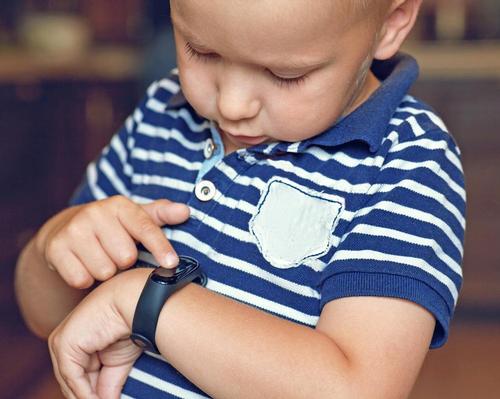24 Jul 2020
Schools should teach kids how to use fitness tech to 'protect them from risks'
BY Tom Walker

Children and young people need more support to navigate the growing number of digital wellness technologies which track and manage their fitness and health.
According to a new report, 70 per cent of young people – some as young as eight years old – are already using apps, YouTube videos and digital online technologies to track and manage aspects of their health.
The researchers responsible for the report – from the universities of Bath and Salford in the UK and University of New South Wales in Australia – say the findings highlight risks and opportunities for young people. They also suggest that more needs to be done to expand digital literacy lessons at school to focus on health.
Called Digital Health Generation, the report is based on survey data of more than 1,000 young people.
The report shows that 75 per cent of children owned their first mobile or tablet between the ages of eight and 11 years old – with 70 per cent using the devices for health purposes in relation to fitness or dieting.
The researchers also suggest that the growth of digital technologies can pose problems in terms of data collection, security and ownership – and also in how young people navigate the multiple and sometimes competing health advice.
Among the report's findings is that, while young people often draw on the health advice provided through digital health (such as training plans and dietary advice) – many were concerned that they would not be able to recognise if they were over-exercising or dieting too much.
Therefore, the researchers suggest that, as a priority, schools should be "supported in educating young people about digital health as part of the health curriculum".
“Over recent years there has been a surge of new online apps, blogs and videos specifically targeting young people with messages all about personal improvement in their health and lifestyle," said lead researcher behind the report, Professor Emma Rich from the University of Bath.
"These technologies offer certain opportunities for young people, but they also carry risks both in terms of the direct advice and guidance given - and the implications this can have in relation to body image for instance - but also wider concerns about data storage and ownership by third parties.
“Our findings suggest young people want to learn more about this topic, but need help in navigating a fast-paced, fast-changing online environment.
"Digital health education should promote learning that will benefit young people in ways that help them feel better prepared to manage their online health identities, particularly in relation to social media. Educational policymakers need to take notice of this specific issue in order to update and expand current provision within the curriculum. This trend in online digital health technologies will only continue to increase and we need to ensure young people have the skills and know-how to best cope.”
In addressing this issue, the researchers argue that it is essential to bring together different stakeholders, crucially with young people front and centre of policy interventions.
• To download and read the full Digital Health Generation report, click here..
Close Window